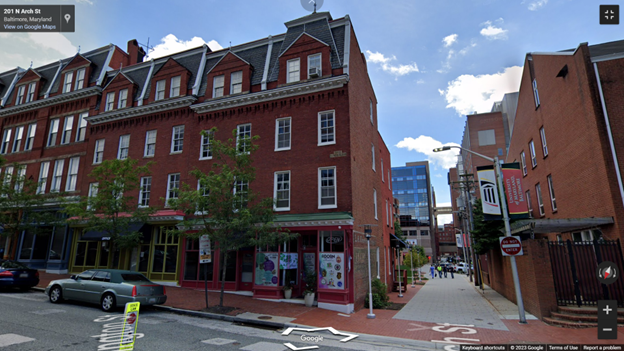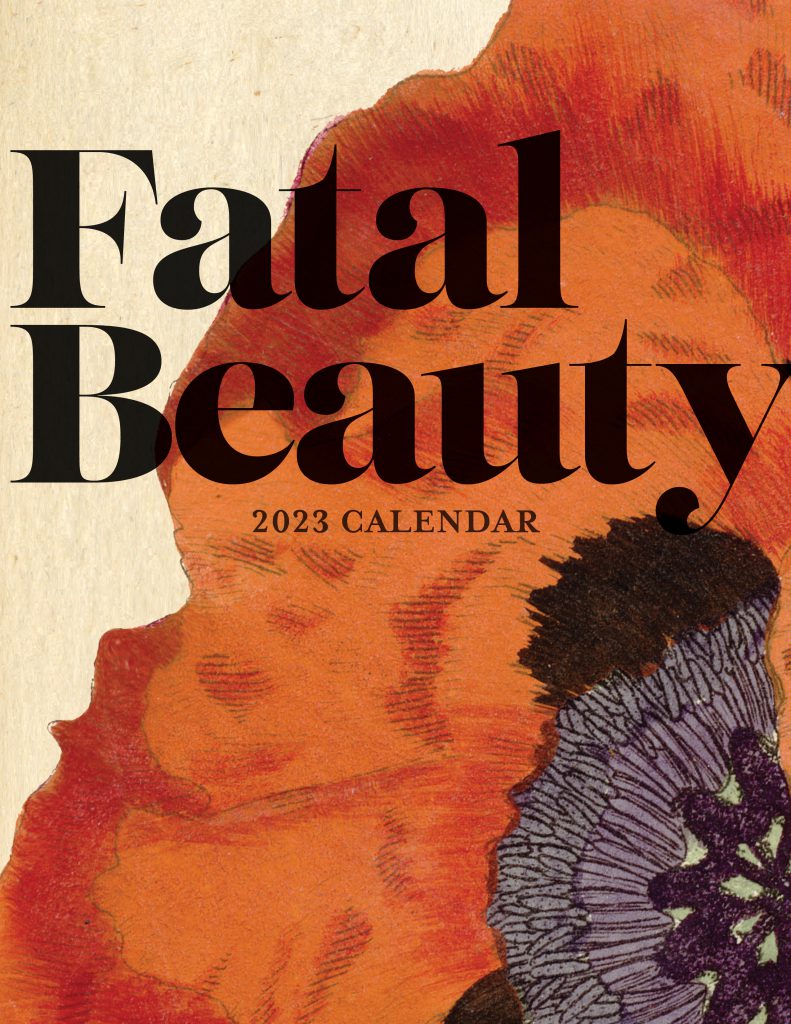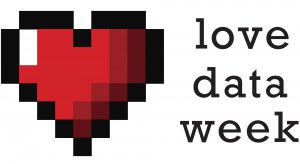
Love Data Week (Feb. 13 to 17) is an international celebration of all things data! Each year, the Center for Data and Bioinformation Services (CDABS) at the Health Sciences and Human Services Library (HSHSL) looks forward to engaging our community on issues like data management, sharing, wrangling, and visualization, as well as open and reproducible science.
This year for Love Data Week we are focused on the new NIH Data Management and Sharing Policy that recently came into effect January 25, 2023. If you will be submitting an NIH grant application in the near future, CDABS is here to help! Be sure to check out our new resource guide on the topic.
You may also be interested in the following Love Data Week events hosted by our friends at the Network of the National Library of Medicine (NNLM) and ICPSR:
Navigating the New NIH Data Management and Sharing Policy with ICPSR’s NIH-funded Projects: DSDR, NACDA, and NAHDAP, Mon. Feb. 13 1:00pm ET
Please join us for a webinar about ICPSR’s NIH-funded Projects: DSDR, NACDA, and NAHDAP. Data Sharing for Demographic Research (DSDR) is funded by the Eunice Kennedy Shriver National Institute of Child Health and Human Development. DSDR advances population health and human development research by offering access to data on mother and child health, health disparities, and the human lifecycle for secondary analysis. NACDA is the National Archive of Computerized Data on Aging and is funded by the National Institute on Aging. For nearly 40 years, NACDA has sought to support behavioral and social science research on healthy aging worldwide by making longitudinal data resources freely available. The National Addiction & HIV Data Archive Program (NAHDAP) is funded by the National Institute on Drug Abuse (NIDA). Since 2009, NAHDAP’s mission has been to facilitate research on drug addiction and HIV infection by acquiring, enhancing, preserving, and sharing data. Registration link
Loving Longitudinal Data: Added Value Access to NACDA Collections Using the NACDA Colectica Portal, Tues. Feb. 14 2:00pm ET
For nearly 40 years, NACDA has been ICPSR’s archive for data on aging. NACDA hosts collections funded by the National Institute on Aging, and with NIA’s support provides preservation and access to data from the Midlife in the United States study (MIDUS), the National Social Life, Health, and Aging Project, and many more longitudinal data collections. During this webinar, we will provide an overview of NACDA and the NACDA Colectica Portal, and describe the benefits of accessing NACDA through the portal and the NACDA website. Registration link
Creating Data Management Plans with DMPTool, Wed. Feb. 15 1:00pm ET
The DMPTool is a free tool that walks users through creating comprehensive data management plans. This webinar will guide attendees through data management plan basics, creating a DMPTool profile, and exploring available templates and planning resources. Registration link (may need to create or log in to free NNLM account to register)
All of Us Researcher Workbench, Thurs. Feb 16 3:00pm ET
This presentation will provide a look at the NNLM All of Us Research Program’s Researcher Workbench, which is a cloud-based platform where registered researchers can access Registered and Controlled Tier data. Its powerful tools support data analysis and collaboration. Registration link
Finally, as always, you can join the conversation on social media #LoveData23 and #UMBLovesData.
Questions? Contact Amy Yarnell, data services librarian, at data@hshsl.umaryland.edu.
The Center for Data and Bioinformation Services (CDABS) is the University of Maryland Health Sciences and Human Services Library hub for data and bioinformation learning, services, resources, and communication.
To read more of our content and stay informed please fill out the form to subscribe here: https://www2.hshsl.umaryland.edu/cdabs/communications


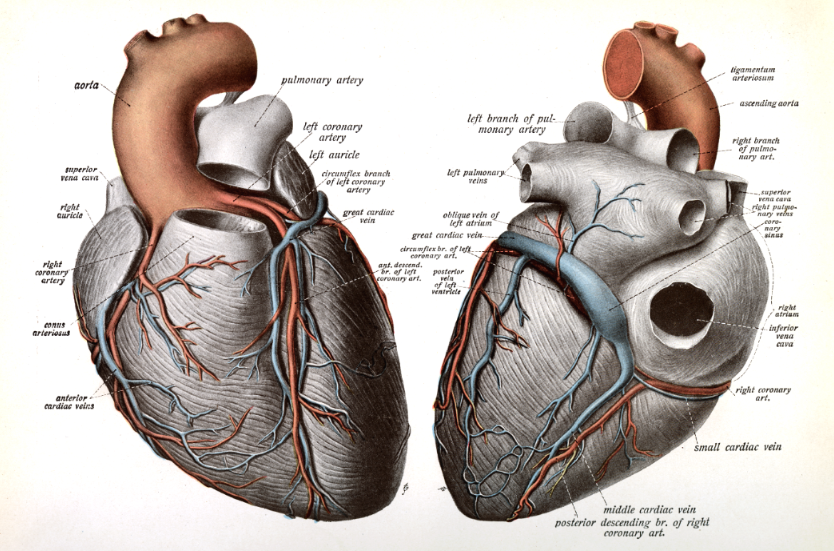

 Since 2016, the New York Academy of Medicine (NYAM) has celebrated
Since 2016, the New York Academy of Medicine (NYAM) has celebrated 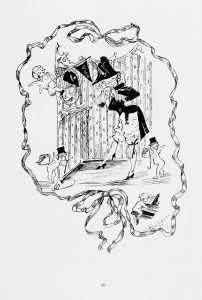
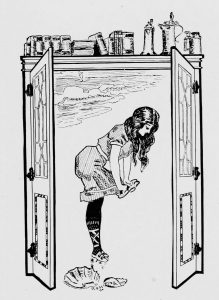
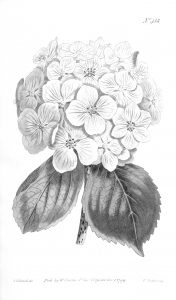
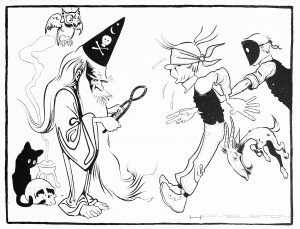

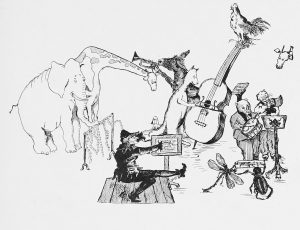
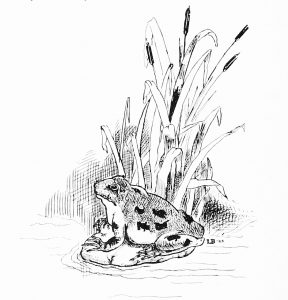
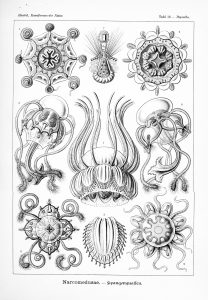
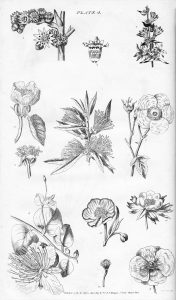
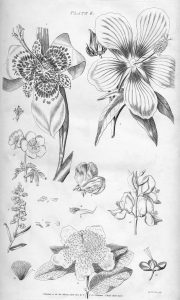
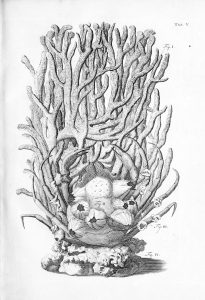
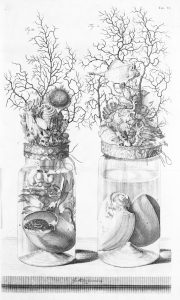
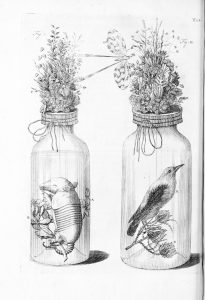
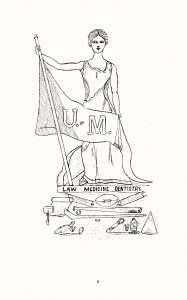
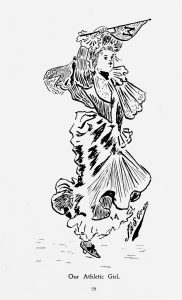
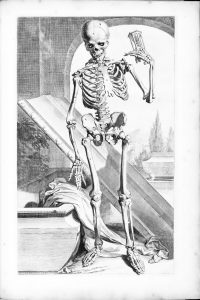
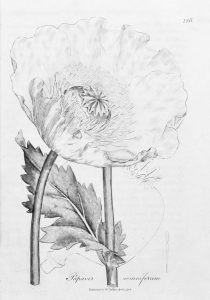

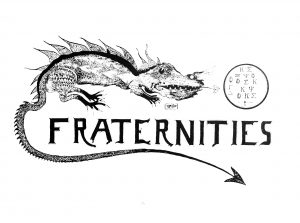
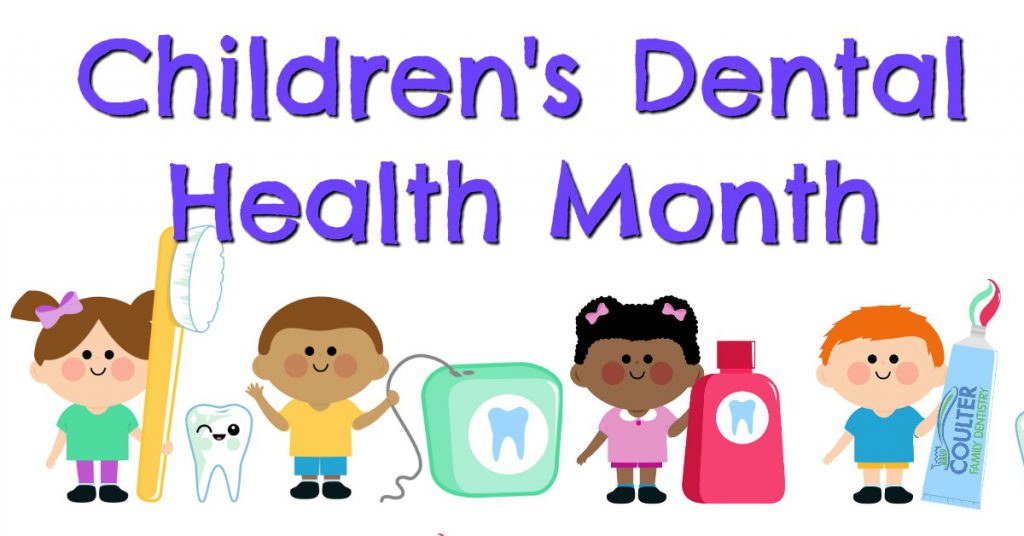
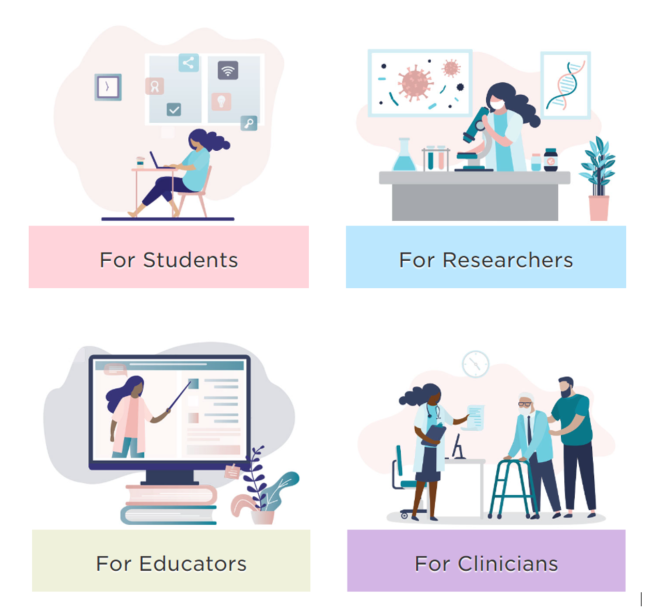
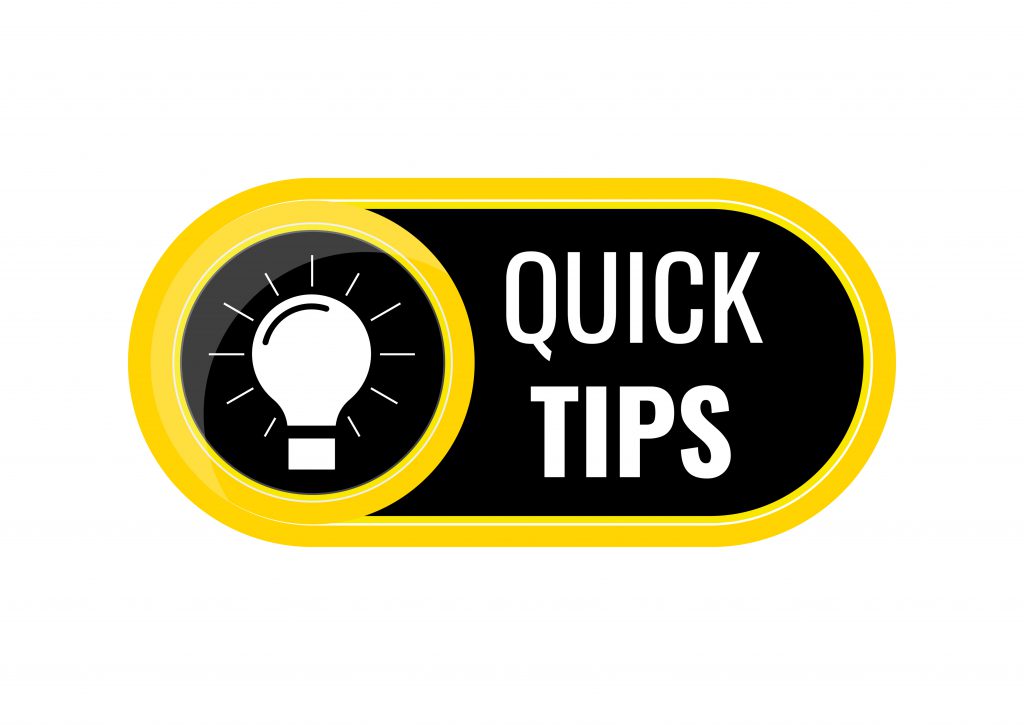

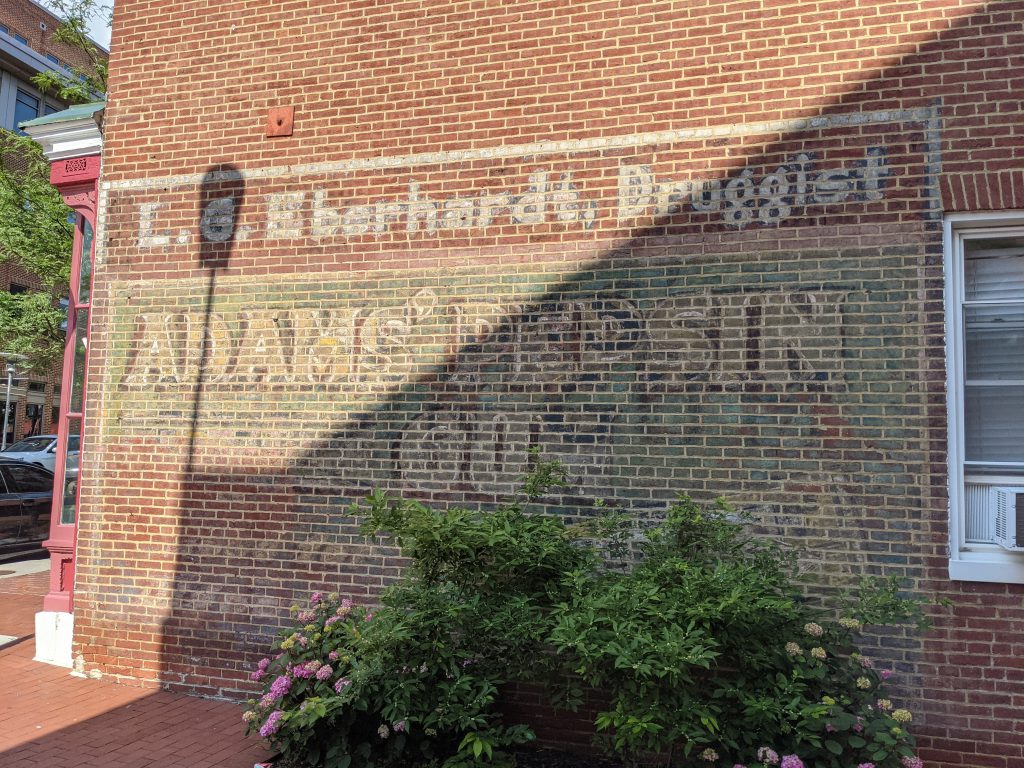
 Before moving to 631 West Lexington Street, Boucsein owned drug stores throughout the city. While Boucsein was not a graduate of UMB, two of his eight children graduated from the University or a predecessor school: William G. Boucsein, Maryland College of Pharmacy (MCP, predecessor to UMB’s School of Pharmacy) class of 1895 and Gustav F. Boucsein, University of Maryland School of Medicine class of 1885.
Before moving to 631 West Lexington Street, Boucsein owned drug stores throughout the city. While Boucsein was not a graduate of UMB, two of his eight children graduated from the University or a predecessor school: William G. Boucsein, Maryland College of Pharmacy (MCP, predecessor to UMB’s School of Pharmacy) class of 1895 and Gustav F. Boucsein, University of Maryland School of Medicine class of 1885.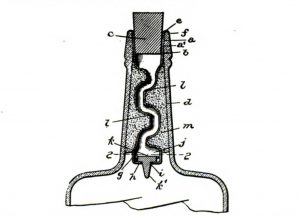 Eberhardt was also one-quarter owner of a patent for a non-refillable medicine bottle. The bottle was designed to keep people from tampering with the medicine in the bottle by adding other liquids. The other partial owners were Gould O. Hildebrand—the primary patent owner, Timothy O. Heatwole, and William Atschild. Finally, Eberhardt was president of the Ros-Mar Chemical Company, a patent and proprietary medicine company in Baltimore.
Eberhardt was also one-quarter owner of a patent for a non-refillable medicine bottle. The bottle was designed to keep people from tampering with the medicine in the bottle by adding other liquids. The other partial owners were Gould O. Hildebrand—the primary patent owner, Timothy O. Heatwole, and William Atschild. Finally, Eberhardt was president of the Ros-Mar Chemical Company, a patent and proprietary medicine company in Baltimore.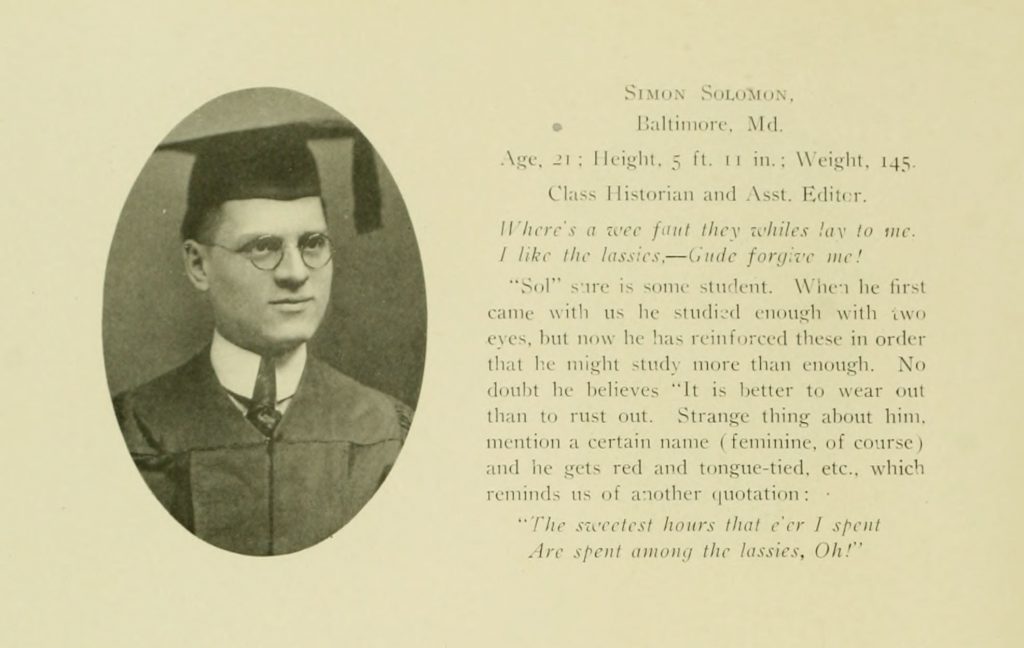 Solomon was also active in local and national pharmaceutical associations, serving as President of the Baltimore Retail Druggist Association and Vice-President of National Association of Retail Druggists. He was also director of the Calvert Drug Company, a wholesale drug company in Baltimore.
Solomon was also active in local and national pharmaceutical associations, serving as President of the Baltimore Retail Druggist Association and Vice-President of National Association of Retail Druggists. He was also director of the Calvert Drug Company, a wholesale drug company in Baltimore.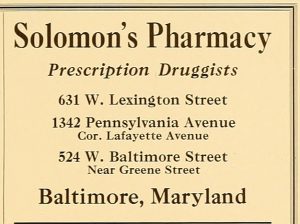 Most importantly to UMB, Solomon was very active in the School of Pharmacy’s Alumni Association receiving the award as honorary president in 1961-62. Solomon also created a $50 prize for the graduating student who performed the “most satisfactory work in pharmacy” during their 2-3 years of school.
Most importantly to UMB, Solomon was very active in the School of Pharmacy’s Alumni Association receiving the award as honorary president in 1961-62. Solomon also created a $50 prize for the graduating student who performed the “most satisfactory work in pharmacy” during their 2-3 years of school. 